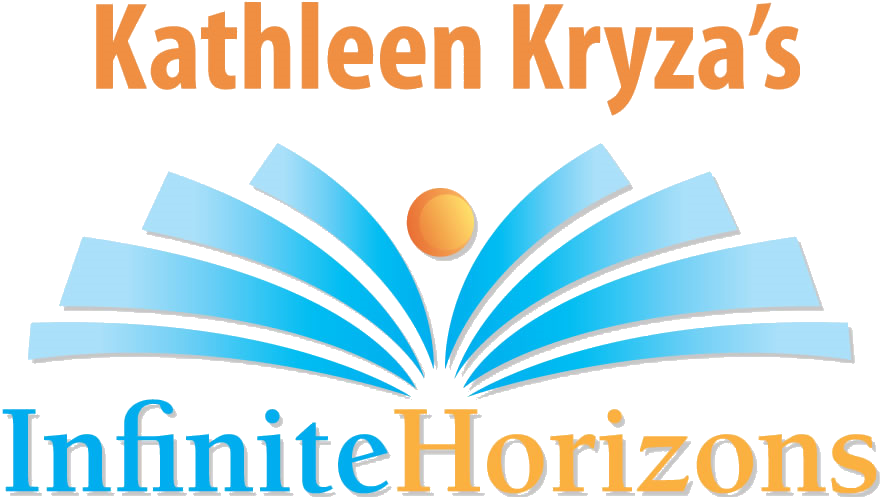“The ultimate goal of the educational system is to shift to the individual the burden of pursing his own education.”
Picture your “top student”. What is her secret? How does she stand out from the crowd? Let’s examine her behavior. She approaches new learning opportunities with confidence and excitement. She is able to recognize when she doesn’t understand something and is resourceful enough to find a solution. She uses numerous strategies to achieve academic success and that in turn increases her sense of self-efficacy. She is able to differentiate among the variety of strategies she knows to determine the most effective choice given the situation. After completing a project she reflects on her performance, takes pride in successes, and looks for ways to improve weaknesses.
This student’s “secret” is that she has masterfully used self-regulation or executive functioning strategies to help her become a successful learner. Wouldn’t it be wonderful for all of our students to achieve this level of proficiency? The good news is that students can be taught how to self regulate.
What is self-regulation? If you begin to research the topic, you will find hundreds of definitions. Each one will include a variety of ways to break down the specific attributes of executive function. We’ve seen descriptions with anywhere from 14 to 62 aspects of self-regulation. At Infinite Horizons we love research, but we also want to put the research to work for us in order to help our students succeed. With that in mind, we zeroed in on a framework created by Jack Nagleiri Ph.D.
Nagleiri’s framework breaks cognitive self-regulation down into 4 main attributes under the acronym PASS – Planning, Attention, Simultaneous processing, and Successive processing. Planning has to do with how one approaches problems. It involves things like surveying the problem at hand, determining the most effective strategy to use to solve it, monitoring progress, and adjusting strategies when necessary. Attention enables students to selectively focus on some stimuli while ignoring others. Simultaneous processing allows students to see how each piece of information relates to the whole. It is the ability to recognize patterns and see the overall picture. Successive processing is the ability to mentally organize information into a specific serial order (following step by step directions, remembering patterns, etc). (Naglieri, 2010).
Students benefit greatly from explicit instruction, scaffolding, and guided practice in all areas of self-regulation. When taught in conjunction, self-regulation strategies are shown to have long-term positive effects for students both in terms of academic success as well as personal concepts of self-efficacy (Zimmerman, 1990). To frame this concept using “Chunk, Chew, & Check”, we are teaching students to: 1. set goals and make a plan (CHUNK), 2. implement the plan and monitor their progress (CHEW), and then 3. reflect on the effectiveness of the plan or strategy their efforts (CHECK).
This month we are giving away 2 free resources to help you begin the work of developing these abilities with your students. The first resource is a description of “think-alouds”. Verbalizing your thinking when solving problems provides students with a model of how to PLAN. Through the use of think-alouds, students learn a variety of strategies and how to filter through them to choose the best one for the problem at hand.
The second free resource is a SLANT poster. The acronym SLANT stands for Sit up, Lean forward, Activate thinking, Name key information, & Track the talker. Although there are many variations of this tool, they all serve the same purpose – to help students self-regulate their ATTENTION. Each letter should be explained, modeled, and practiced with students until it is internalized. It is important to be transparent when presenting this tool to students. They need to understand how each part of SLANT will help them become better students and lead them to more success in the classroom.
These two tools will get you off to a good start when introducing the aspects of self-regulation with your students. Infinite Horizons will continue to provide tips and resources throughout the year to support you in teaching your students to self-regulate. Remember to regularly check our website (www.kathleenkryza.com) , facebook, and twitter for updates.
